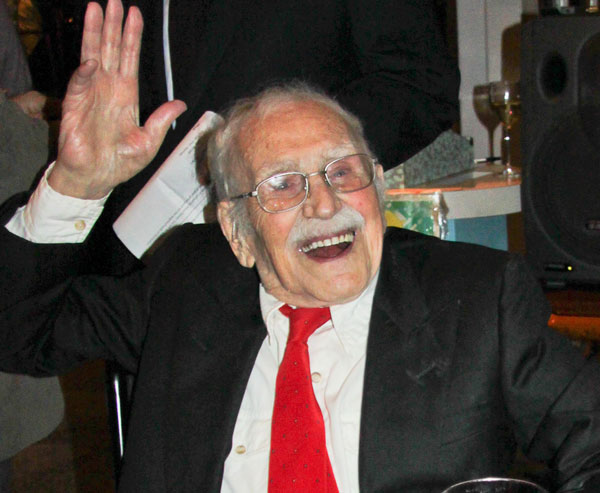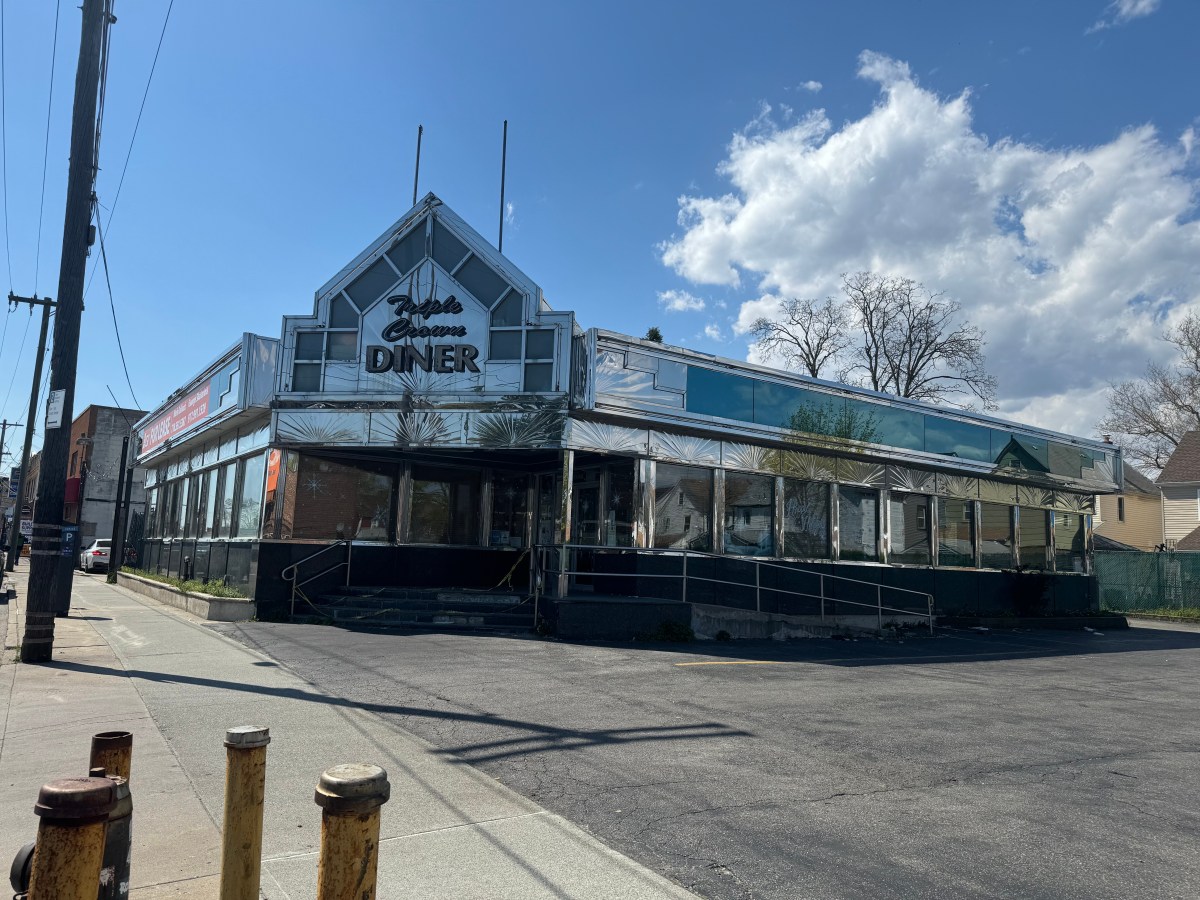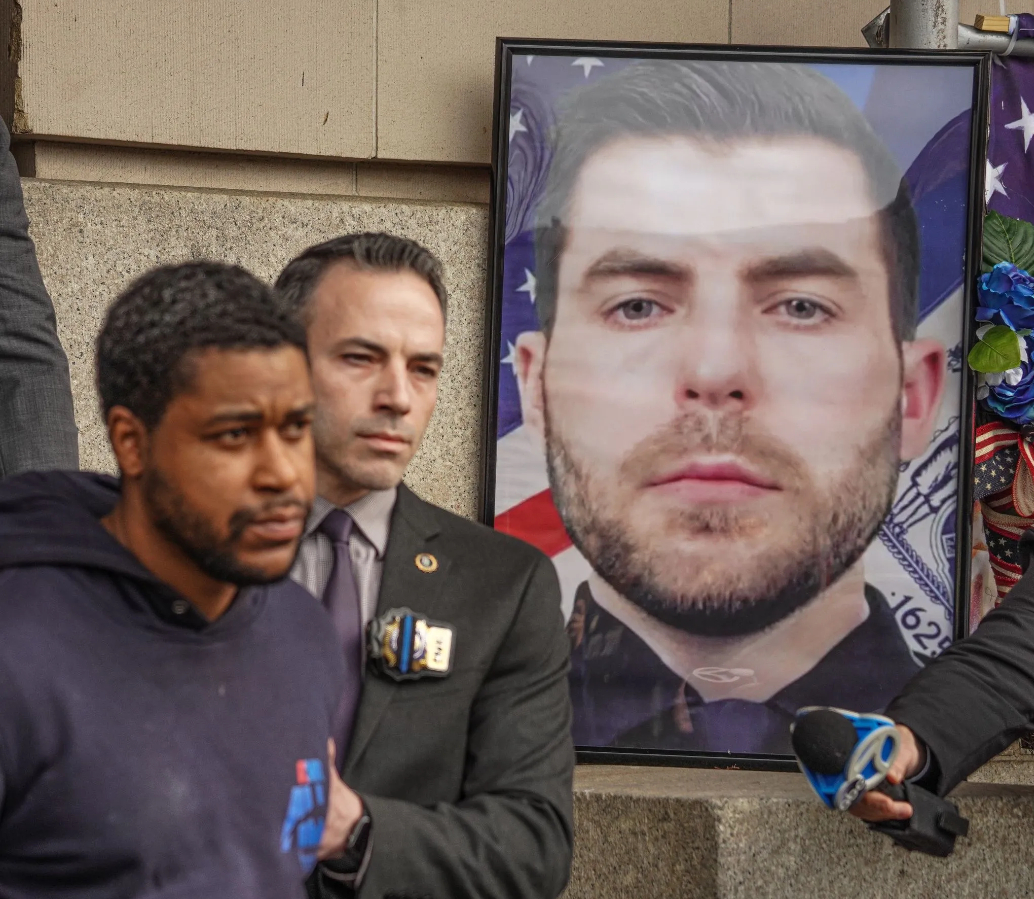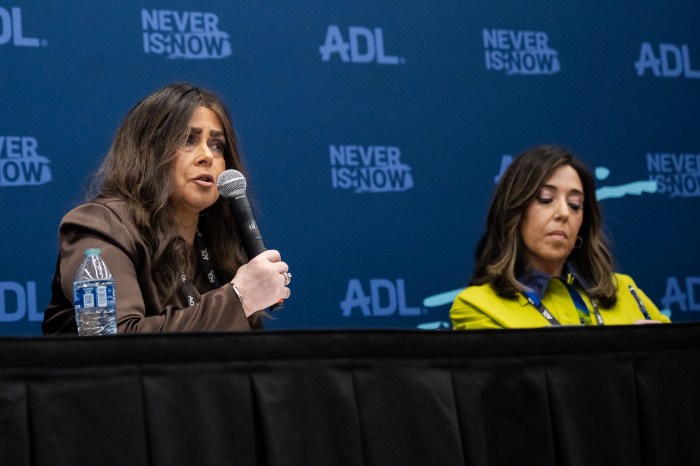BY ALBERT AMATEAU | Paul Colby, owner of The Bitter End, the little club on Bleecker St. where countless folk singers and comedians, the celebrities and the obscure, first found their fans, died on the night of Feb. 13 at his home in Montclair, N.J., at the age of 96.
Fondly known as “Our Colonel” to The Bitter End staff because he had been in the Army in the 1940s, Paul Colby was also loved by his Greenwich Village neighbors.
Last year, the neighborhood civic association Friends of LaGuardia Place honored him.
Along with former City Councilmember Alan Jay Gerson, Colby was involved in the effort to create a folk music museum in Greenwich Village.
“I will always remember with gratitude how Paul, with his good friend Art D’Lugoff, produced one of my first campaign fundraisers at The Bitter End,” Gerson said in a recent online tribute. “Pete Seeger and Odetta were on the stage, and my beloved folkie mother, Sophie, in the audience or directing or chatting with them backstage,” Gerson recalled.
The Bitter End announced Paul Colby’s passing on Feb. 14.
“It is with a heavy heart The Bitter End announces the loss of our colonel, Paul Colby, who passed away last night at the age of 96,” the club said. “In his 70-plus years in the business, Paul has touched the hearts of countless musicians and patrons and helped to launch many great careers in the music industry. Paul was sharp, witty and happy until the end. Paul will never be forgotten as his legacy will live on Bleecker St. The name says it all: Paul Colby’s The Bitter End. A memorial celebrating his amazing journey will be announced shortly,” the club said.
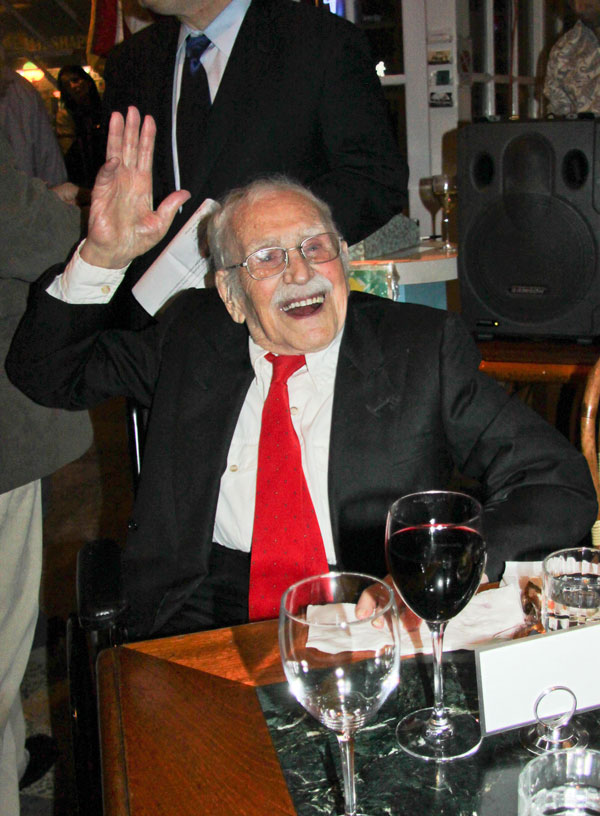
Paulʼs friend Doug Yeager, a music producer and manager, recalled that although Paul had a leg amputated last year, he was adjusting and remained upbeat.
“We became friendly when I was managing artists who worked at the club,” Yeager recalled. “Our friendship grew as we dedicated ourselves along with Art D’Lugoff, Odetta and Councilman Gerson to create a National Museum of Folk Music in Greenwich Village,” Yeager recalled.
“Paul was always devoted to the artists who played his club. I remember when Mickey Newbury was ill, Paul got on a plane and flew across the country to be with him,” Yeager said. Newbury, a member of the Nashville Songwriters Hall of Fame and a recording artist, died in 2002 in Oregon.
The list of folk singers and comedians that Paul Colby presented and nurtured at the club at 147 Bleecker St. includes the likes of Bob Dylan, Joni Mitchell, Woody Allen, Van Morrison, Kris Kristofferson, Neil Diamond, Jackson Browne and Stevie Wonder.
The club was opened in 1961 by Fred Weintraub, who quit a family baby-buggy business to run Cock and Bull, a Bleecker St. cafe that he eventually renamed The Bitter End, booking musicians and comics.
After a series of managers who didn’t work out, Weintraub hired Colby, who had worked in the music business years before, plugging sheet music to big bands in New York and eventually becoming an assistant to Frank Sinatra.
His Sinatra duties included picking up Ava Gardner at the airport, delivering Frankʼs gifts to her and squiring her to events when Sinatra was busy elsewhere.
In his 2002 memoir, written with Martin Fitzpatrick, “The Bitter End, Hanging Out at America’s Nightclub,” Colby immodestly proclaimed that he was the best manager the club had ever had from 1965 until 1974, when Weintraub fired him.
Despite Colby’s success as manager, Weintraub was displeased because Colby had bought a bar, Now Bar, adjacent to the club, where patrons and artists repaired for drinks because The Bitter End had no liquor license.
Nevertheless, Colby was able to buy the club in 1975 because he got to know the landlord, who drank at the bar, which Colby called The Other End. Colby eliminated the wall between the two locations and ran it as The Other End until the name The Bitter End became available a few years later.
Born in 1913 in Philadelphia to a tailor and his wife, Paul Colby moved five years later with his parents and three brothers to the Lower East Side.
He went to Textile High School on W. 18th St. (now the Bayard Rustin Education Complex) where he learned how to design and make furniture.
A friend who worked for music publishers introduced him to the music business, which eventually led to Sinatra. But Frank moved to Hollywood, and in 1950 Paul and his then wife also went to California.
On the West Coast, Paul did not achieve the success he sought in the music business, so he returned to New York and started a new career designing furniture.
Doing business as Colby Associates, Paul created furniture for clients who included Duke Ellington, Tony Bennett, Diahann Carroll and Miles Davis, according to Paul’s memoir.
In 1961, a friend took him to the Village for the folk and rock scene — very different from the big band/Sinatra era of the previous decade.
He first went to Weintraub’s The Bitter End with a friend who suggested that they might see Simon and Garfunkel.
“When we got there, I was confused. I thought Simon and Garfunkel was a drug store,” Paul wrote in his memoir.
But 50 years later, his name is forever linked with the folk stars of the era.
His wife, Pamela Ann Wilson, and a brother, Morty Colby, survive.



